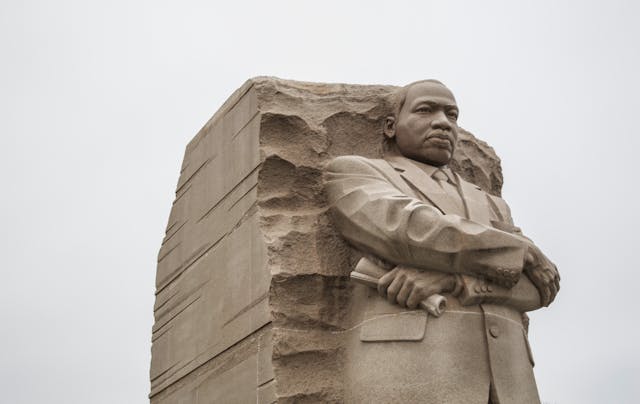Home » News » 2024 » March
News Brief
March 14, 2024 |
By: Farah Siddiqi - Public News Service
Report: Older foundations, regardless of intent, may have racist beginnings

By Farah Siddiqi - Public News Service
A recent report details how great wealth that later made philanthropy possible around the country but most evidently in the District of Columbia, southern Maryland and northern Virginia -- commonly known as the DMV -- came at the expense of the social stability and economic success of Black residents.
Dwayne Proctor, board chair of the National Committee for Responsive Philanthropy, said older foundations likely had the best opportunity to participate in practices that were unfair and unjust to people because of the times they were in, in the social context in which they began.
"I'm hopeful that many folks will look toward their local foundations and want to know more about how they began and if they've done harm and participated in the oppression of others, like it appears to have been the case in the DMV with the foundations that are studied," Proctor said.
Proctor stressed that if readers can connect the overlaps between the social determinants of health and the necessary healing of Black families today, real and transformative conversations about repair can begin.
Katherine Ponce, research manager for special projects for the National Committee for Responsive Philanthropy, said the report tried to model what the state of California has done for its reparations task force, outlining many categories of how Black people have faced disparities in the region and how that starts.
"We talked about anti-Black media and rhetoric, housing discrimination and segregation, unemployment and hidden opportunity, and then health care, both mental and physical. We have eight case studies of foundations in the region, how their money was createdm" Ponce explained.
Ponce added the report should leave people not just knowing that big systems of oppression impact and harm people of color, but should cause people to start taking measurable actions and fix the disparities and make ties from the eight stories to their reality.
![]()






